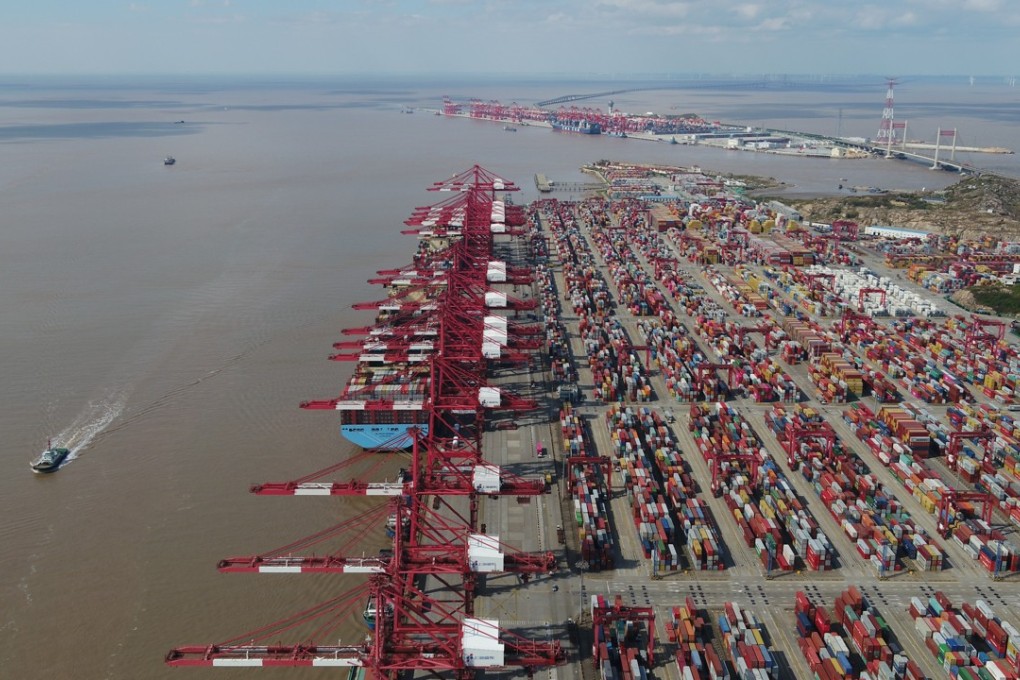President Xi breathes new life into Shanghai FTZ as he hopes to replicate reforms across China
- President Xi says the free-trade zone will be encouraged to take bold steps to facilitate more trade and investment
- Xi also says that the integration of the Yangtze River Delta region would be a national strategy to boost regional economic development

China’s President Xi Jinping on Monday breathed new life into Shanghai, announcing plans for an equity market for start-ups and expansion of the free-trade zone, hoping to revive the flagging fortunes of the economic testing ground seen as a rival to Hong Kong.
Xi said in a speech during the China International Import Expo that Shanghai free trade zone will be encouraged to take bold steps to further ease cross-border trade and investment after the expansion, and hoped the experiences will be replicated in other parts of the mainland.
In the same speech, Xi also unexpectedly ordered the setting up of a new equity bourse in the city to help tech companies raise capital. The move pits the yet to be formed stock market against the likes of Nasdaq and the newly reformed Hong Kong stock exchange for start-ups to raise funds.
He did not elaborate on the location or the size of the new areas that will be included in the FTZ.
But Xi’s remarks about the Shanghai FTZ show Beijing’s resolve in conducting drastic liberalisation, especially in service sectors such as finance, education and culture.
“The Shanghai FTZ will be given new tasks in the future after the expansion,” said Chen Bo, a professor at the Huazhong University of Science and Technology and an adviser to local governments including Shanghai. “China wants to use the zone to display its willingness to open the market now that the US and China are working to solve the trade issues.”
Shanghai pioneered the move among provincial-level regions to establish the FTZ in 2013 with an initial size of 28.78 sq km.